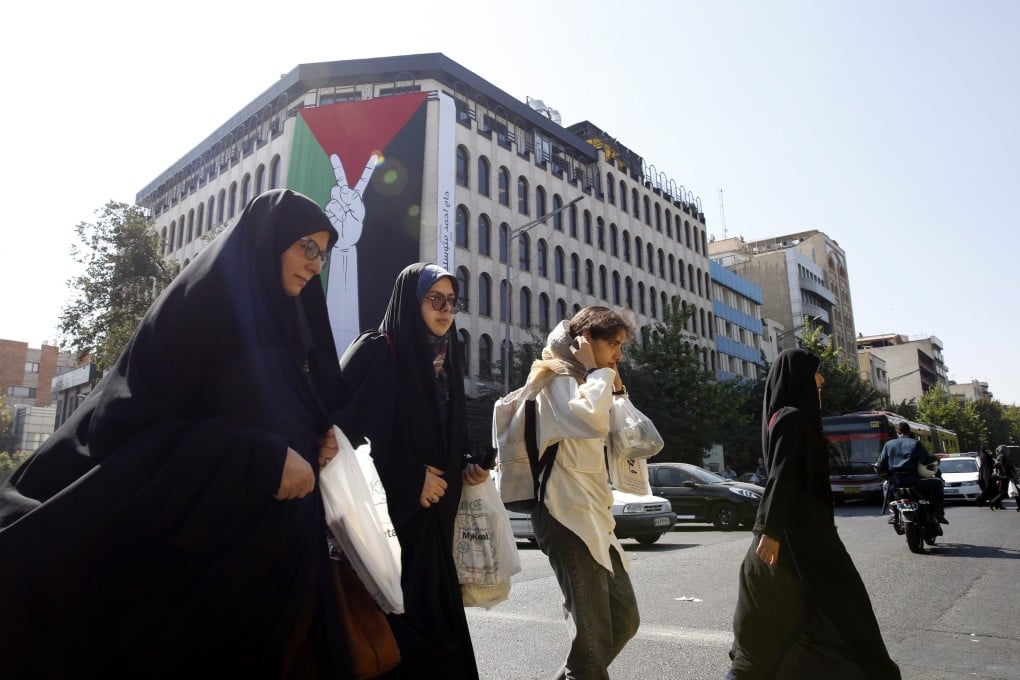Opinion | Is Iran exploiting Israel-Hamas war to boost its influence in the Middle East?
- Iran’s enduring hostility towards Israel is in no small part due to its close ties with the shah and Israel’s role in his oppression of the Iranian people
- Israel’s expected heavy-handed response is likely to complicate Saudi Arabia’s normalisation with Israel in the near term, furthering Iran’s aims

In an operation coined “the Al-Aqsa Flood”, Hamas, whose formal name is the Islamic Resistance Movement, fired thousands of rockets into Israel on October 7. Hamas and Palestinian Islamic Jihad fighters infiltrated Israel by land, sea and air. Hundreds of Israelis have been killed, more than 2,000 injured, and many taken hostage.
In response, Israeli Prime Minister Benjamin Netanyahu declared war on Hamas and launched air strikes in Gaza. In the first day of reprisals, close to 400 Palestinians were killed, according to the Palestinian health ministry.

Already, some analysts are suggesting that Tehran’s fingerprints can be seen on the surprise attack on Israel. At the very least, Iran’s leaders have reacted to the assault with encouragement and support.
The decisive factor shaping Iran’s foreign policy was the 1979 overthrow of the US-friendly, repressive Shah of Iran and the transfer of state power into the hands of a Shiite Muslim revolutionary regime. That regime was defined by stark anti-American imperialism and anti-Israeli Zionism.